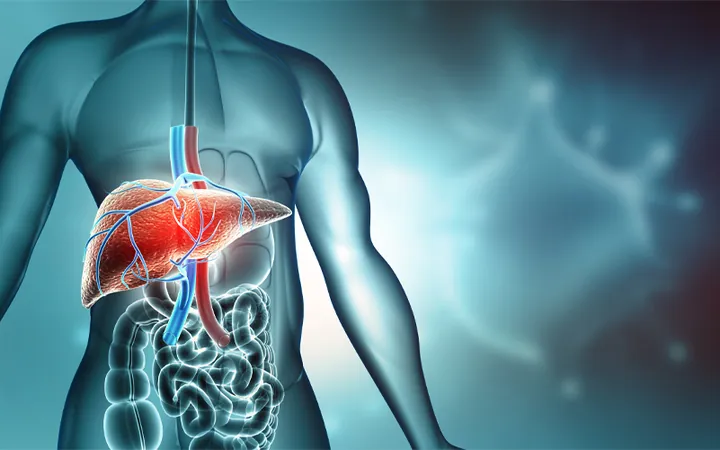
Unlocking the Secrets of Your Hunger: How Brain Circuits Influence Meal Choices
2024-12-23
Author: Rajesh
Introduction
Researchers at Baylor College of Medicine and the University of Texas Health Science Center at Houston have made groundbreaking discoveries regarding how our brain influences hunger and the initiation of meals. These findings, published in the journal *Metabolism*, could pave the way for innovative treatments targeting obesity, a pressing global health crisis.
The Role of Serotonin
Hunger triggers a series of complex reactions in the brain, many of which remain a mystery. Lead researcher Dr. Yong Xu, who is also a professor of pediatrics and nutrition, explained the significance of neurotransmitters like serotonin in regulating our eating behavior. “Serotonin is known for its role in suppressing appetite and has been instrumental in the development of various medications designed to combat obesity,” said Dr. Xu. However, the efficacy of these drugs has been marred by unwanted side effects. Hence, a deeper understanding of the brain's food regulation system is crucial for creating better pharmacological solutions.
Discoveries on Brain Circuits
The research team focused specifically on serotonin's regulation of eating. They illuminated a lesser-known but vital aspect: the brain circuits and neurotransmitters responsible for modulating serotonin-producing neurons, which in turn influence when we start eating. “Our objective was to discover how we can manipulate these mechanisms to help regulate feeding behavior,” explained Xu.
Serotonin Neurons in the Midbrain
Central to this process are serotonin neurons found in the dorsal Raphe nucleus (DRN) of the midbrain. These neurons send signals to various regions of the brain, notably the arcuate nucleus of the hypothalamus (ARH), which plays an essential role in hunger and satiety. The study demonstrated that under conditions of hunger, neurotransmitters GABA and dopamine work to inhibit serotonin neurons in the DRN. This inhibition leads to decreased serotonin levels in the brain, effectively allowing a meal to commence.
Combined Effect of GABA and Dopamine
“Interestingly, we found that GABA and dopamine do not merely act independently; their combined effect significantly enhances the inhibition of serotonin neurons,” Dr. Xu noted. This synergistic action of both neurotransmitters underscores a complex and finely tuned system that the brain employs to manage appetite.
Future Research Directions
What does this mean for the future? Dr. Xu’s lab is not stopping here; they aim to explore the signals that regulate other phases of eating and satiation, which could lead to more targeted obesity treatments. As they continue their research, the understanding of how our brains control eating could transform the landscape of dietary management and obesity therapies.
Conclusion
With obesity being one of the most challenging health issues globally, these revelations offer hope for creating more effective strategies to combat weight gain, potentially changing lives in the process. What other secrets do our brains hold about hunger and eating? Researchers are just beginning to explore these uncharted territories, promising fascinating discoveries ahead.


 Brasil (PT)
Brasil (PT)
 Canada (EN)
Canada (EN)
 Chile (ES)
Chile (ES)
 España (ES)
España (ES)
 France (FR)
France (FR)
 Hong Kong (EN)
Hong Kong (EN)
 Italia (IT)
Italia (IT)
 日本 (JA)
日本 (JA)
 Magyarország (HU)
Magyarország (HU)
 Norge (NO)
Norge (NO)
 Polska (PL)
Polska (PL)
 Schweiz (DE)
Schweiz (DE)
 Singapore (EN)
Singapore (EN)
 Sverige (SV)
Sverige (SV)
 Suomi (FI)
Suomi (FI)
 Türkiye (TR)
Türkiye (TR)